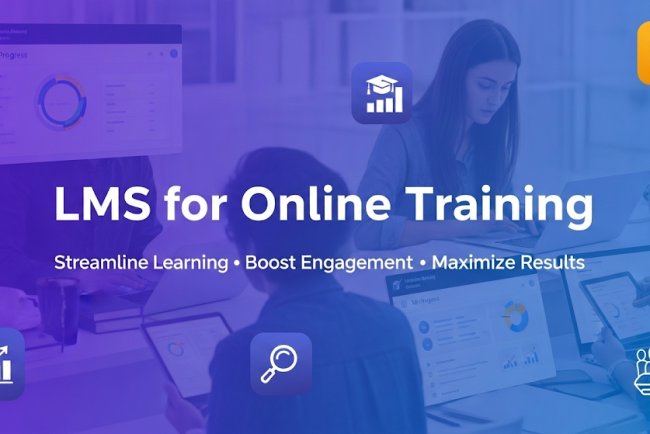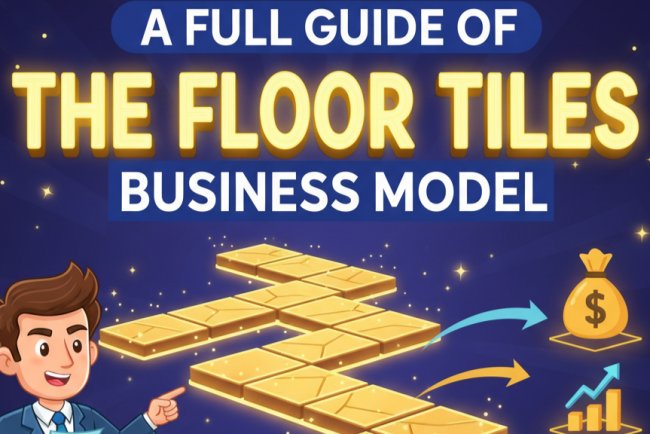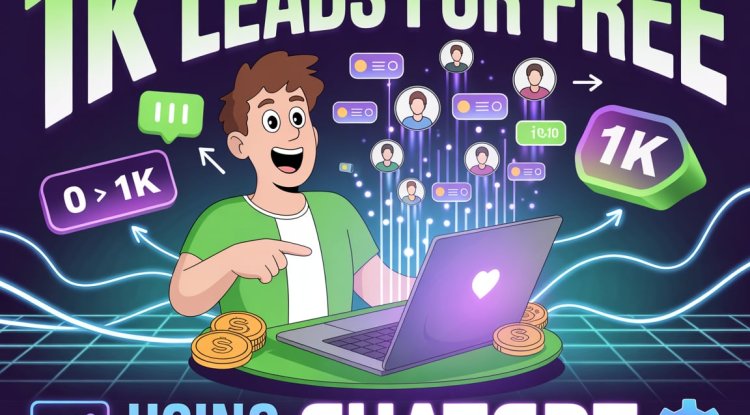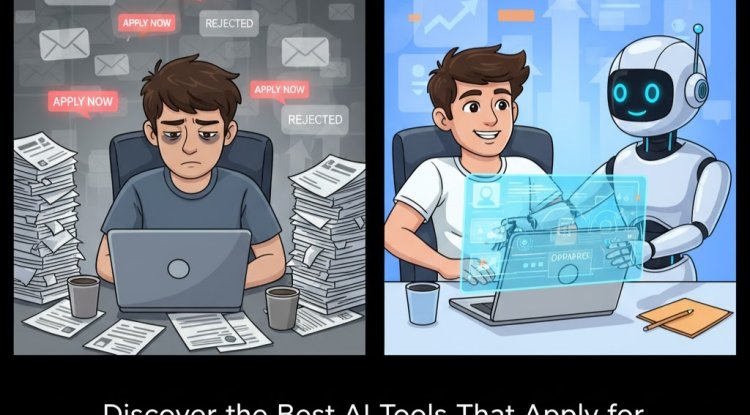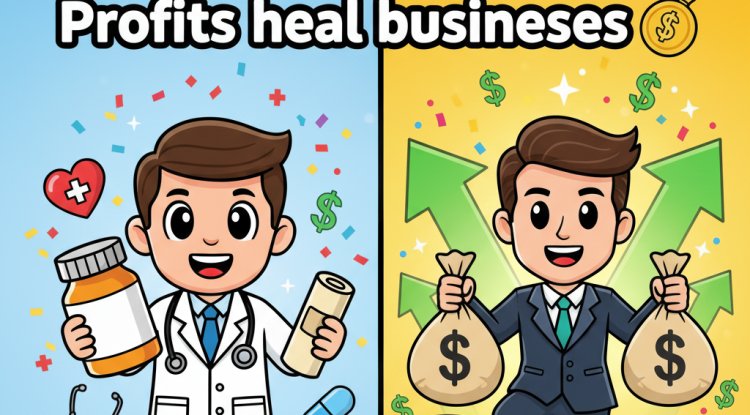From Software to Search Engines: How Microsoft Is Quietly Rewriting the Rules of Global Business with Bing
To put a computer on every desk and make digital work mainstream. But more importantly, Microsoft wasn’t just building software—it was creating a new way to work, communicate, and think.
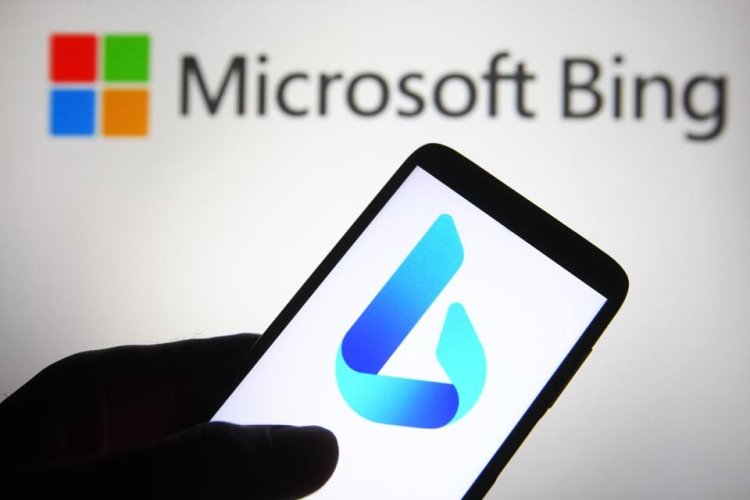
The Humble Origins: What is Microsoft and Why Was It Created?
In 1975, two childhood friends—Bill Gates and Paul Allen—decided to build software for the growing world of personal computers. That tiny idea in a garage became Microsoft, now one of the world’s most influential tech companies.
The vision?
To put a computer on every desk and make digital work mainstream. But more importantly, Microsoft wasn’t just building software—it was creating a new way to work, communicate, and think.
The Global Expansion: Microsoft’s Business Around the World
From the early days of MS-DOS to today’s Azure Cloud, Microsoft has consistently diversified:
| Year | Milestone |
|---|---|
| 1985 | Launch of Windows 1.0 |
| 1995 | Dominated PC market with Windows 95 |
| 2001 | Entered gaming with Xbox |
| 2011 | Launched Office 365 |
| 2016 | Acquired LinkedIn |
| 2018 | Launched Azure AI |
| 2023 | Integrated GPT-4 into Bing |
Today, it’s a multi-continent powerhouse, serving:
-
Enterprises with Azure & Dynamics
-
Developers via GitHub
-
Professionals through Office & Teams
-
Consumers with Windows, Surface, Bing, Xbox
Microsoft Product Ecosystem: It’s Not Just Windows
| Product Category | Examples |
|---|---|
| Software | Windows, MS Office, Visual Studio |
| Cloud & AI | Azure, Power Platform, Copilot |
| Search | Bing, Bing Chat |
| Gaming | Xbox, Game Pass |
| Social & Business | LinkedIn, Teams |
| Developer Tools | GitHub, Azure DevOps |
How Microsoft Makes Money (with Data)
Microsoft earns through:
-
Cloud Services (Azure) – Over $60B/year
-
Office & Windows Licenses
-
Gaming
-
Advertising (like Bing Ads)
-
LinkedIn Premium & Ads
@2024 Revenue Pie Chart:
Cloud Services: 41%
Office & Windows: 30%
Gaming: 13%
LinkedIn & Other: 9%
Advertising (Bing): 7%
Why Microsoft Created Bing?
Google’s dominance in Search meant all user data, ads, and attention were flowing in one direction.
Microsoft wanted to:
-
Create an ad revenue stream
-
Improve search for Windows & Edge
-
Introduce AI search experiences
-
Gather data for better products
Thus, Bing was born in 2009—not as a clone of Google, but as a strategy to compete intelligently.
What Makes Bing Unique Today?
-
AI-Powered Chatbot (GPT-4 built-in)
-
Rewards Program: Earn gift cards for searching
-
Image & Visual Search
-
Copilot in Windows (launching 2025)
-
Shopping deals with AI insights
How Microsoft Earns from Bing
Every click and search can be monetized.
-
Bing Ads – Brands bid for keywords
-
Data Analytics – Behavioral tracking
-
Shopping & Travel Affiliate programs
-
Enterprise AI services layered into Bing AI
For every 1 million Bing searches per day, Microsoft earns ~$8000 in ad revenue.
How Users Earn from Bing
-
Microsoft Rewards – Redeem search points for:
-
Gift cards
-
Donations
-
Sweepstakes
-
-
AI Productivity – Bing Chat saves time, helps write content
-
Windows Copilot – Bing inside your PC
-
Deals & price trackers via Edge + Bing
Who Are Bing’s Competitors?
| Competitor | Unique Feature |
|---|---|
| Fast, dominant | |
| DuckDuckGo | Privacy focused |
| Brave | Rewards crypto |
| Yahoo | Legacy base |
| Baidu | China-focused |
| Neeva (shutdown) | AI focused (now sold) |
=)Why Bing still survives?
Because Microsoft bundles it with:
-
Windows
-
Edge browser
-
AI Copilot
Users can’t avoid it. And the AI features are powerful.
Latest AI Innovations in Bing (2025)
-
Chatbot with GPT-4 Turbo
-
Image Search with Vision AI
-
PDF summarization
-
Shopping Assistant
-
AI-generated email drafts
-
Voice Commands (coming soon)
Challenges Microsoft Faces
-
Trust: Some users still prefer Google
-
Speed of Innovation: Startups innovate faster
-
AI Overload: Managing hallucinations
-
Regulatory Pressures: EU & US investigations
-
Brand Perception: Bing = “2nd best” in many minds
What You Can Learn from Microsoft’s Strategy
=>Build Complementary Tools
Bing is valuable because it connects with Windows, Office, Edge.
=>Use Free to Earn
Like Bing is free, but earns via ads—you can apply this in your business: offer a tool/service for free and monetize around it.
=>Go AI-First Now
Bing’s resurgence came only after AI was added.
=> Gather User Behavior Data
Microsoft earns by knowing what people search. Knowing your customer’s pain points is gold.
How to Use This Story for Your Business Idea
-
Create a free app or service, build an audience, then monetize ads/data/add-ons.
-
Combine your offering with existing ecosystems. Bing succeeded by being integrated.
-
Offer AI tools people use daily—search, productivity, automation.
-
Always stay relevant—Bing was “dead” until AI made it sexy again.
If Microsoft could take on Google in its own game—and still profit—imagine what you could do with the right idea, the right integration, and the right strategy.
What's Your Reaction?










